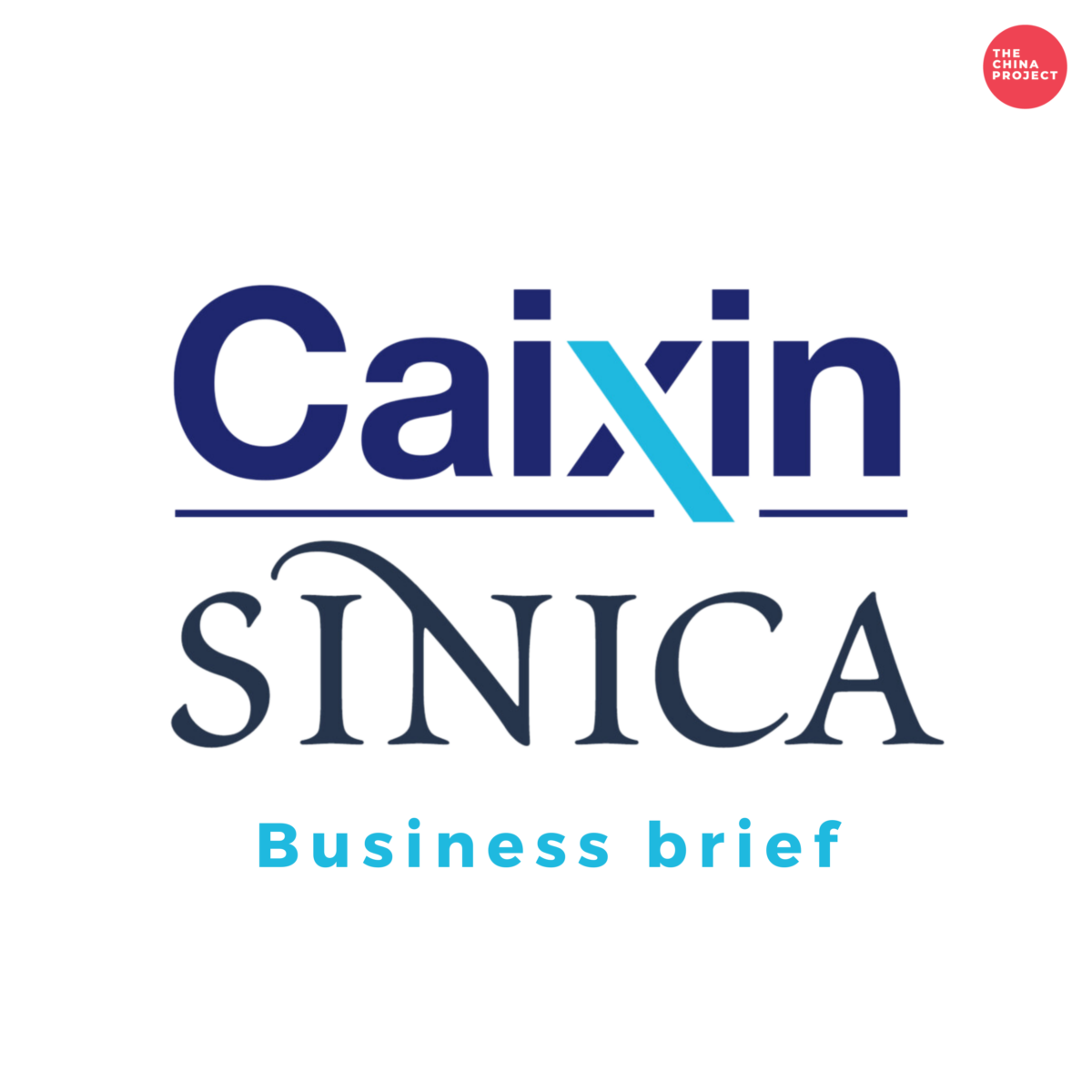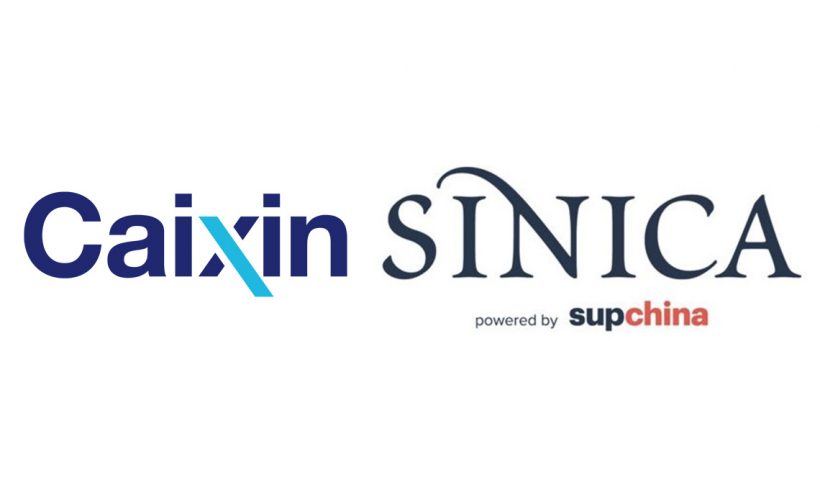Welcome to the 87th installment of the Caixin-Sinica Business Brief, a weekly podcast that brings you the most important business stories of the week from China’s top source for business and financial news. Produced by Kaiser Kuo of our Sinica Podcast, it features a business news roundup, plus conversations with Caixin reporters and editors.
This week:
- We analyze the latest updates on the U.S.-China trade war.
- We chat about a new study that has estimated the economic cost of air pollution in China’s smoggy northeast.
- We hear that a think tank suggested Beijing steer Chinese cities toward clean air by banning the sale of new fossil-fuel-powered vehicles by 2030.
- We note that China and Japan are making it easier for investors to put money into each other’s stock markets through so-called exchange-traded funds (ETFs), with the two countries approving six such funds.
- We learn the news that a massive graft network surrounding the former Party chief of Shaanxi Province surfaced as investigations took aim at more family members and associates of the disgraced official.
- We discuss the arrest of Yuan Renguo 袁仁国, who was the former chairman of Kweichow Moutai, the world’s most valuable liquor maker.
- We find out that Baihang 百行 Credit Scoring, a central bank credit bureau, has been struggling in its first year to collect the quality data that it needs to meet China’s goal of revamping its patchy credit-reporting system.
- We report that Chinese smartphone and appliance maker Xiaomi has fired a vice president for “obscene” behavior.
In addition, we talk with Doug Young, managing editor of Caixin Global, about what’s going on with Baidu and the tough times it’s going through. We also chat about Luckin Coffee, the ambitious Chinese coffee chain that’s going after Starbucks and went public on Nasdaq this month.








